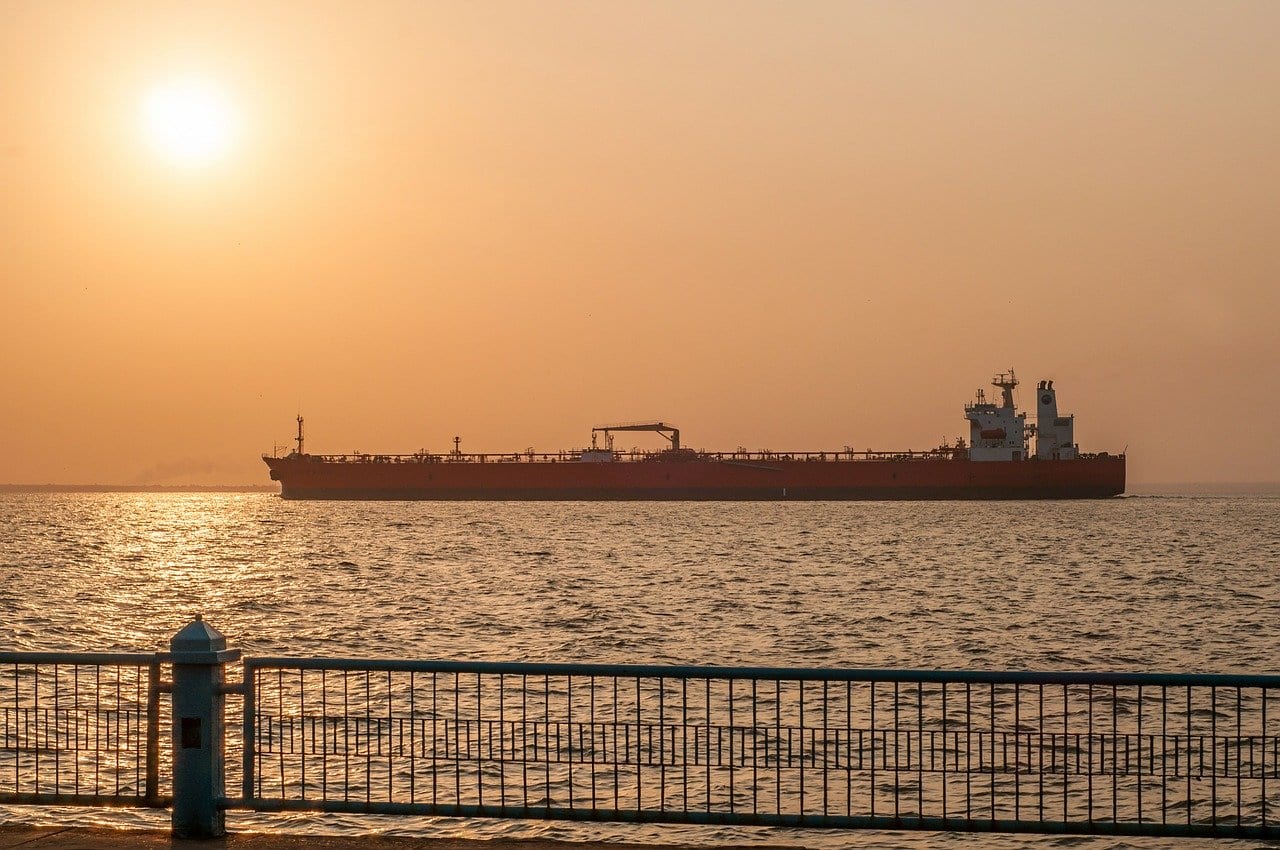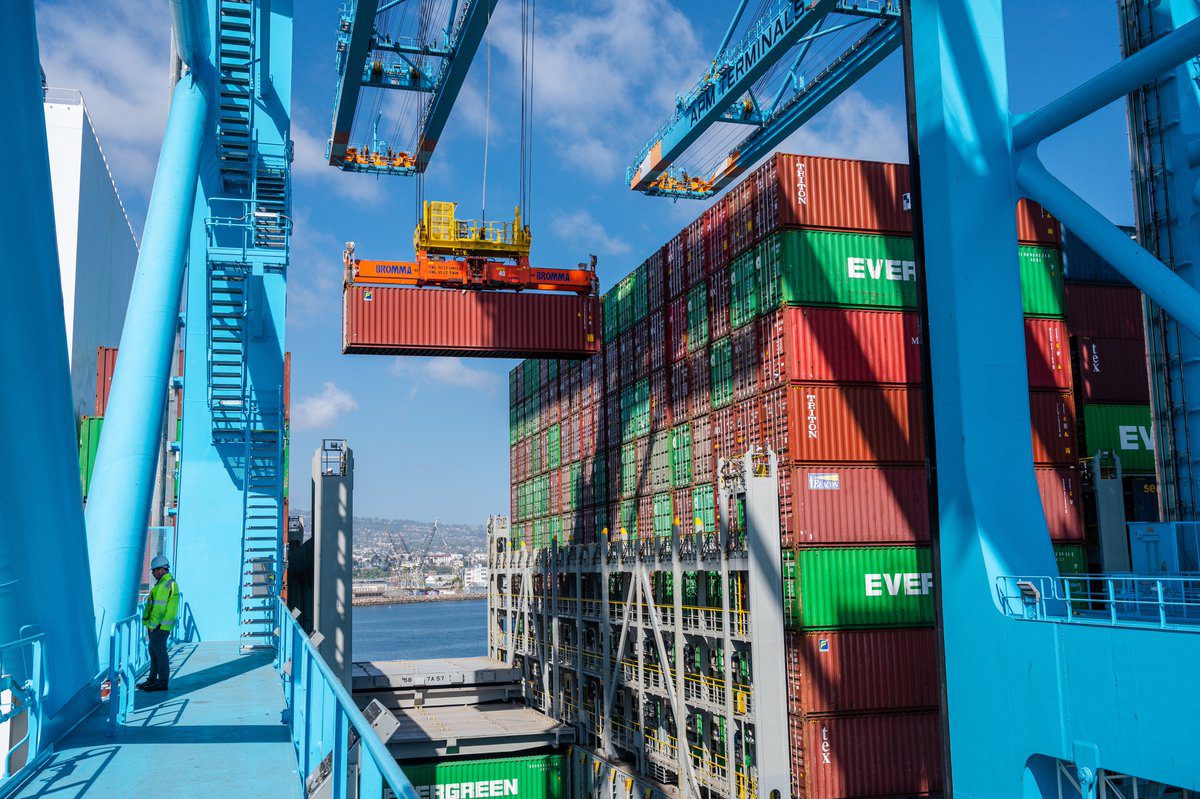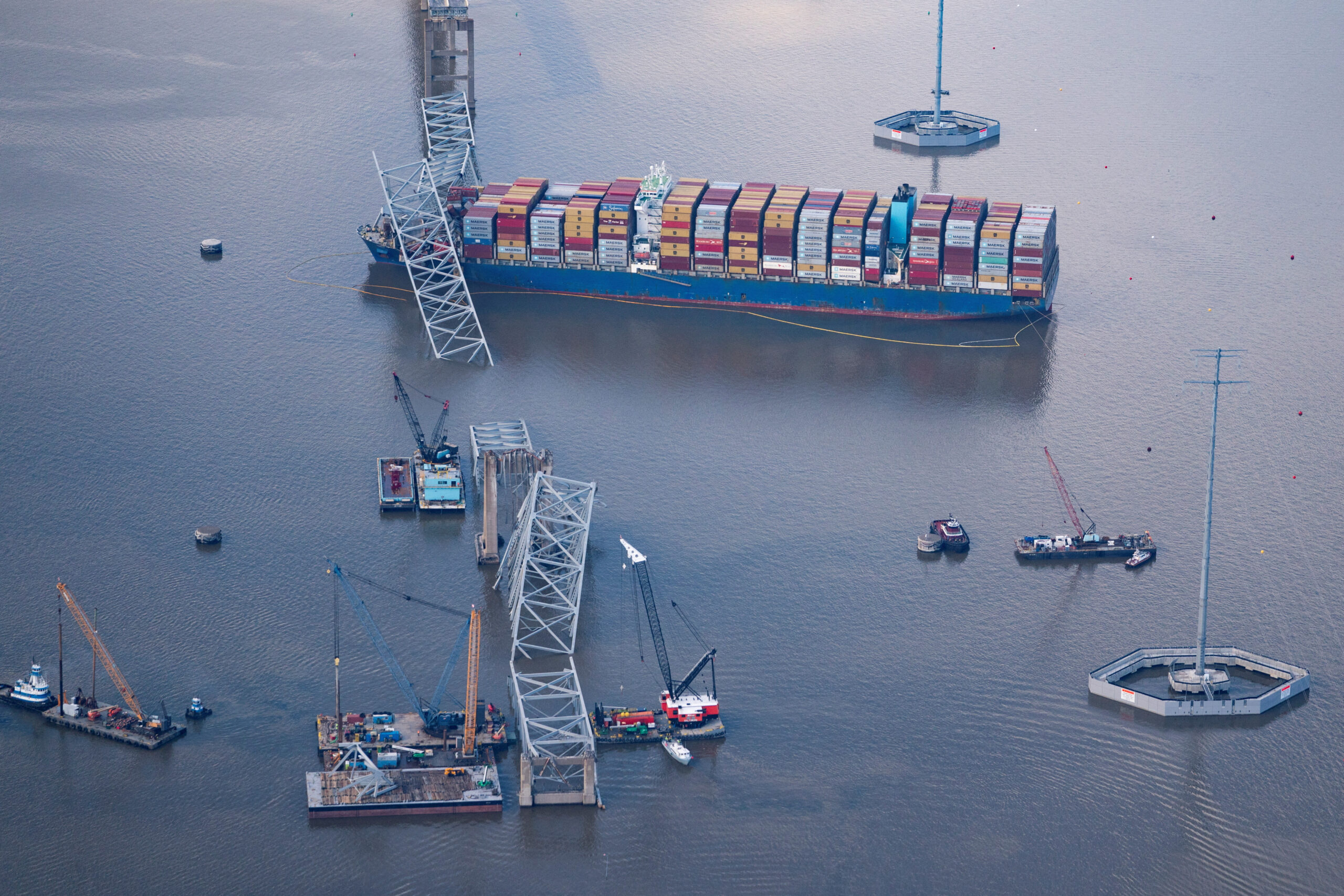File Photo
By Ryan Hesketh, Prejula Prem and Jack Wittels (Bloomberg) — For clues about how glutted the global diesel market remains, just look at the bizarre voyages being undertaken by tankers hauling the fuel.
One cargo of diesel got hauled all the way to Singapore from the Persian Gulf — only to be loaded onto a much bigger ship and taken back to the Middle East. Another tanker hauling the fuel to Europe from India abruptly changed course over the weekend and is now heading south toward the Cape of Good Hope and signaling West Africa.
Over the past few months, a tanker hauling diesel west from Asia even did a double u-turn when it was part-way across the Indian Ocean, ultimately sailing thousands of miles to the Bahamas where it reportedly started to discharge onto another vessel. Two others that loaded in India made it almost all the way to the U.S., only to turn back across the Atlantic Ocean for Europe.
Europe has been involved, in some way, in most of the weird shipping movements. The continent is a demand sink for diesel because its refineries don’t make enough to satisfy local demand. In normal times, that means a constant influx from East Asia, the Persian Gulf, the U.S. Gulf of Mexico and Russia. The coronavirus sharply cut that need.
Vessels bringing supplies to Europe from Asia have been doing so by taking the long route — sailing around South Africa, rather than through Egypt’s Suez Canal. But even those that do state their destinations as European ports are often instead dropping anchor off Togo in West Africa.
At the moment, on-land storage in Europe is still proving tough to procure. There are few so-called spot storage locations available for hire in the continent, according to Krien van Beek, a broker at ODIN-RVB Tank Storage Solutions.
All this means that ships laden with diesel are struggling to find places to offload it, suggesting systemic surplus, said Lars van Wageningen, operations manager at Insights Global, a Dutch firm monitoring European stockpiles.
As such, some vessels are hardly moving at all: several are currently floating off the coasts of the U.K., the United Arab Emirates and West Africa, tracking data compiled by Bloomberg show.
The price of diesel stood at almost $7 a barrel above Brent crude on Wednesday, around the weakest for the time of year since 2009, ICE Futures Europe data show.
“The lack of storage space makes traders very creative,” said van Wageningen. “They’re looking for just any place they can get the product into tanks and, if not, just waiting.”
© 2020 Bloomberg L.P
Unlock Exclusive Insights Today!
Join the gCaptain Club for curated content, insider opinions, and vibrant community discussions.

 Join The Club
Join The Club













